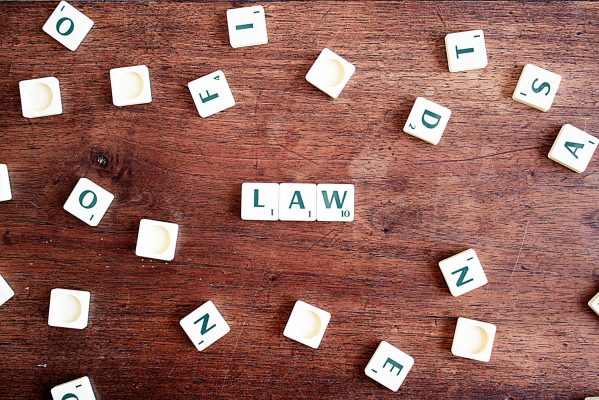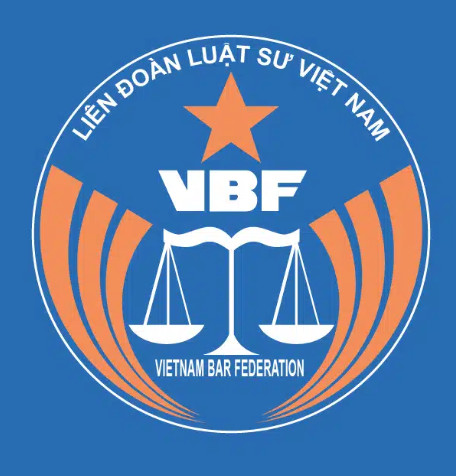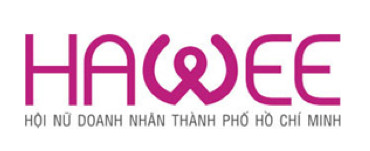Wills
According to Article 624 of the Civil Code 2015, a “will” is an expression of the wishes of a person to bequeath his or her property to others after death.
Forms of the Will:
- Written wills include:
+ Written wills which are unwitnessed;
+ Written wills which are witnessed;
+ Written wills which are notarized;
+ Written wills that are certified.
- Oral wills
+ In case a person’s life is threatened by death and they can’t make a written will, this person may make an oral will.
+ After 03 months from the time of making an oral will, if the testator is still alive and clear-sighted, the will shall be automatically annulled.
What is a lawful will?
A lawful will shall meet all conditions as follows:
- The testator is clear-sighted when making the will; and is not deceived, threatened or coerced into making the will;
- The contents of the will must not be contrary to law or social morals, and the form of the will must comply with legal regulations.
A lawful will must also meet some other conditions depending on the given circumstances:
- A will made by a person from fifteen to under eighteen years old must be made in writing and with the consent of the parents or guardian.
- A will made by a person who is incapacitated or illiterate must be made in writing by a witness and must be notarized or certified.
- A written will that is not notarized or certified shall be deemed lawful only if it satisfies the conditions provided in Clause 1 of this Article.
- An oral will shall only be deemed lawful if the testator orally expressed their last wishes before a minimum of two witnesses who immediately thereafter recorded those wishes in writing and signed or fingerprinted the document. Within 05 working days from the date on which the testator orally expressed their last wishes, that will must be notarized or certified by the Notary Public or competent agency.
Thus, a will can be made orally or in writing, notarized, authenticated, or it can be not required to be notarized or authenticated. However, in reality, wills that are not notarized or authenticated are often disputed about their legality and proving them is often difficult because the time from when they are made to when they are used is often long.
Therefore, our advice is that when you intend to leave your heritage to someone else, you should make a will in writing and have it notarized/authenticated so that the recipient can easily declare inheritance later.
Procedures for making notarized/certified wills
| Process | Detailled description |
| Step 1 | Application preparation and submission
The testator prepares a dossier following the instructions of the Notary Public or a competent person of the commune-level People’s Committee. |
| Step 2 | Checking application
The Notary Public or competent person of the commune-level People’s Committee shall check the documents in the submitted application. After checking the application, in accordance with legal regulations, the request shall be accepted and the professional department will be assigned to draft the content of the Will. |
| Step 3 | Drafting the will
Immediately after receiving all applications, the professional department will draft the will according to the wishes of the testator. After being drafted, the will will be transferred to a Notary Public or competent person of the Commune-level People’s Committee for content appraisal, technical appraisal for review, and lastly forwarded to the testator to read or listen or translate. |
| Step 4 | Signing the will
The testator, after reading/listening/translating, will then sign/fingerprint the will if there is no request for correction. Witnesses (if any) and the Notary Public will sign to transfer the will to the department of stamping, keeping and returning. |
| Step 5 | Paying fee and receiving copies of the Will
The testator pays the notary fees and receives notarized copies of the will at the counter. |
LIST OF DOCUMENTS
- Draft of will (if any);
- Original identification documents of the testator: ID Cards/Passport that are still valid or other documents of the testator;
- Original certificate of ownership or use rights or a copy of replacement documents prescribed by law for assets that are required to have ownership or use rights registered in case the person requesting the notarization leaves behind that heritage. For example: Certificate of land use rights, Real estate purchase contract, Savings book, etc.
COMMITMENT TO SERVICES
On time
All that we do will be planned specifically in terms of time and content. You can control what we do, and the time to completion, and in all cases, we help you maintain the enterprise’s compliance with the deadlines with competent authorities and employees.
Exactly
We commit to the accuracy of the contents of consultation, established documents, and services we provide to customers. We aim to provide you with a safe and effective legal solution for your business operations.
Security
We establish a confidentiality commitment with you, so information about the enterprise, human resources, finance, etc., and other contents related to enterprises and investors will only be disclosed with your consent or in accordance with the laws of Vietnam.
SERVICE PERFORMANCE PROCESS
Assign
CDLAF assigns designated personnel responsible for ensuring information security, ensuring that only assigned individuals have the right to access information and handle client communication.
Collect information and prepare the service contents
Assigned personnel are responsible for collecting clients information, reviewing regulations and preparing service content.
Control the quality
The Board of Lawyers and Counsels reviews the service content prepared by the assigned personnel before it is sent to clients for their review.
Clients’ approval
Clients review and approve the service content prepared by CDLAF. When requested, meetings are held to explain the prepared content.
Completion
Personnel responsible for service completion directly implement it at the competent authority (if required). They also monitor the progress, report the results, and hand them over to clients.
After-service support
Guide clients to perform necessary tasks related to the delivered results and provide updates on changes in legal regulations.
REASONS FOR CHOOSING CDLAF’S SERVICES
- We provide you with effective and comprehensive legal solutions, help you save your money, maintain compliance in the enterprise, and simplify all legal issues when doing business in Vietnam;
- As a law firm established in Vietnam, we have close relationships and knowledge of working methods, and policies of competent authorities, which facilitates you when operating in Vietnam;
- CDLAF Lawyers have held many important positions in law firms, banks, financial enterprises, foreign enterprises. Therefore, our lawyers provide students with the legal regulations as well as the actual solutions and opinions of competent authorities, see more about human resources.
- The system of forms about enterprise, labor, tax, etc. available and constantly updated will be provided as soon as customers request.
People
Contact Us
Are you confused? If you want to discuss your problem more specifically, let us help you, please fill in the information in the table below and send it to us. A free 45-minute consultation email or meeting will be arranged to help you better understand your problem solving problem.


























































